
Early indicators of healthcare policies’ prioritization, implementation, and/or likelihood of success can provide a head start to healthcare organizations – particularly those serving Medicare/Medicaid beneficiaries and those operating in the Health Insurance Marketplace or looking to join the Marketplace in 2022. It is in that spirit that the HealthCare Executive Group (HCEG) has created Focus Area Roundtables to promote dialogue among HCEG members on important 2021 HCEG Top 10+ priorities. This post shares highlights of the initial online discussion about Healthcare Policy & ACA and presents additional information regarding future Focus Area Roundtable discussions.
See below for Additional Focus Area Roundtables Currently Being Assembled
Healthcare Leaders Discuss Healthcare Policy & ACA
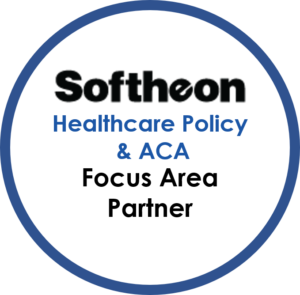
The session was moderated by HCEG Executive Director Ferris Taylor and supported by Kevin Deutsch, General Manager and SVP of Health Plan Cloud at Softheon, the 2021 Focus Area Partner for Healthcare Policy & ACA.
What are your healthcare policy & ACA-related priorities, thoughts, and concerns?
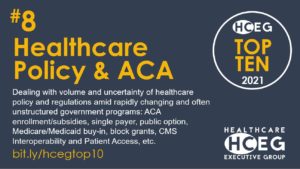
MSH: Expressed concern on how to keep premium costs down for members who are largely low-income.
NSP: With $2 billion at risk in value-based programs and whose patients are mostly Medicare beneficiaries with multiple comorbidities, healthcare policy needs to:
- Facilitate cost-effective access to coverage for Medicare and other beneficiaries.
- Establish reasonable value-based programs and not just push out a bunch of voluntary risk-sharing programs long on objectives but short on details.
- Support coverage and payment for virtual care, particularly remote monitoring.
EDC: Shared that consortium members have noted that recently passed rules on Interoperability and Information Blocking are top of mind. These two areas of regulation and the advent of technology standards like FHIR and code sets such as LOINC, SNOMED, and others are helping to establish a common language and ‘gauge’ to help providers to speak the same language – particularly with payers.
What components of the recently passed American Rescue Plan (ARP) are most promising to you?
MSH: As a health plan, we struggle to address premium affordability and overall cost to the member and aim to keep increases to premiums at inflation or lower. Additional costs beyond the member premium often prevent members from accessing needed care. While the pandemic did not materially impact our overall member count, it did impact the composition of members as the number of commercial members decreased while Medicaid members increased.
NSP: Mentioned the need for providers and supply-side organizations to better understand the true cost of the services and products and services they provide. And another participant noted experience with a wide variety of costs and outcomes for services provided to seemingly similar patients.
FACT SHEET: American Rescue Plan and the Marketplace
What are ARP’s Immediate, Mid-Term, & Long-Term Benefits?

NSP: Increased funding of COBRA premiums at 100% through September 2021 and increases to Medicaid funding seem to be a positive, as more unemployed people will be less likely to forgo or delay needed care.
Longer-term benefits from the funding and attention drawn to mental health services by the ARP were also noted. One participant called out how historically low funding and the stigma associated with mental and behavioral health services has led to a large, undiagnosed population. The need to invest more in mental health now is needed to save more serious issues later.
EDC: Consortium members have noted the importance of funding and policy related to community health centers and the need for policy and standards related to the collection and use of Social Determinants of Health (SDoH) – particularly for Dual-Eligibles.
Softheon’s Kevin Deutsch noted that changes to ACA subsidy thresholds and payment amounts brought about by the ARP will further complicate reconciliation and payment challenges. And that additional changes to subsidies and cost-sharing reductions by the Biden Administration will likely happen, further complicating these already non-trivial plan administration and payment reconciliation challenges.
RELATED: Expanded APTC Eligibility and Subsidy Amounts May Drive Individual Market Growth
Topics for Next Healthcare Policy & ACA Focus Area Roundtable
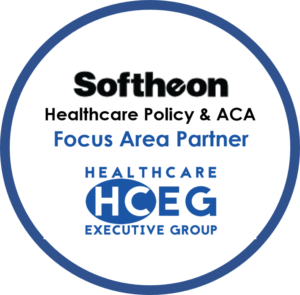
- Addressing policy/regulations in regard to controlling costs – particularly for high-need, high-cost members/patients.
- Challenges, issues, and opportunities related to direct provider contracting and value-based payment arrangements.
- Understanding and addressing costs related to internal operations and process modifications.
- Sharing lessons learned as to what other healthcare stakeholders are doing, and not doing, in response to rapidly changing Healthcare Policy & ACA.
- Preparing for the many regulatory deadlines (and the frequent adjustments to timelines) such as the 1/1/2022 real-time prior authorization requirements.
Additional Focus Area Roundtables Currently Being Assembled
HCEG is currently assembling roundtable discussions on Costs & Transparency and Interoperability – two other HCEG Top 10+ focus areas closely related to and impacted by Healthcare Policy & ACA. Additional focus areas will be added in the coming months.
If you’re an executive of a health plan, health system, or healthcare provider organization who’d like to join one of these informal, small group discussions, please reach out to us here or share your contact information via this tool. And consider joining our newsletter to receive information of potential value to healthcare executives including recaps of future Focus Area Roundtables.
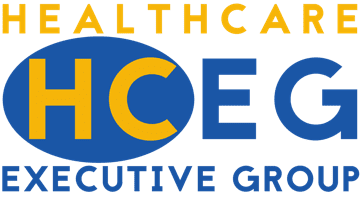

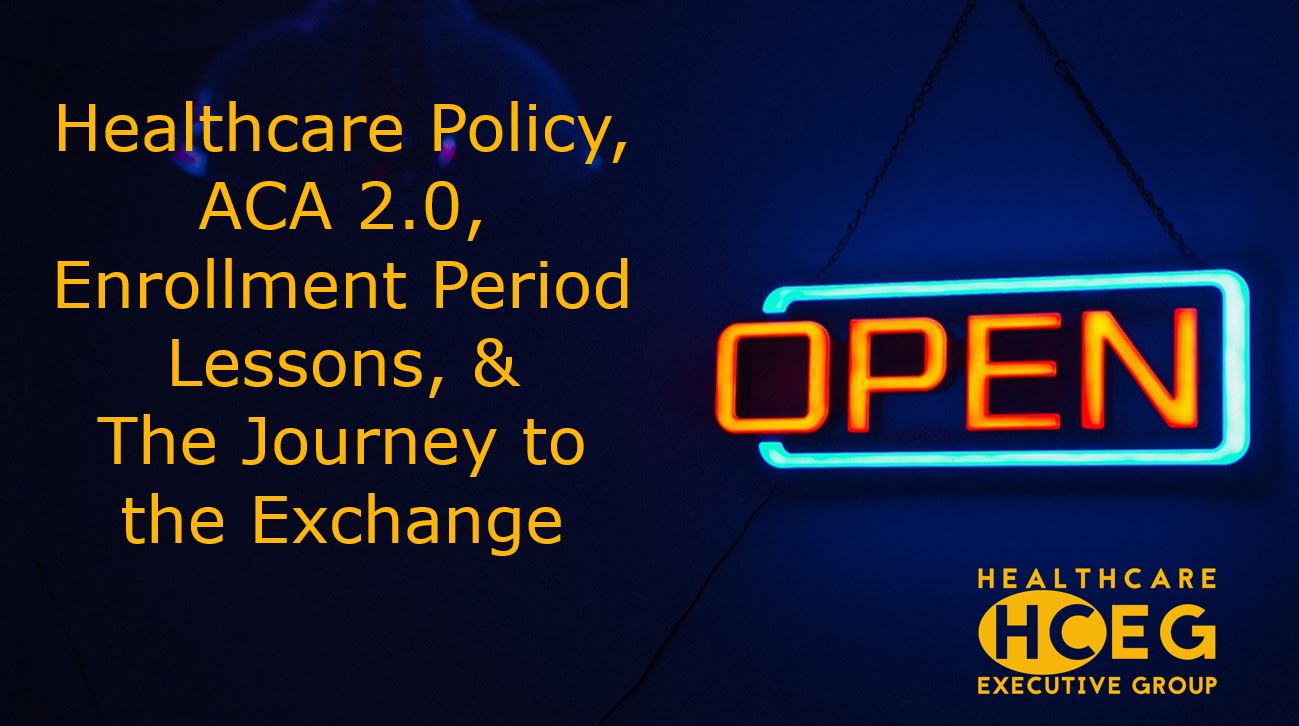

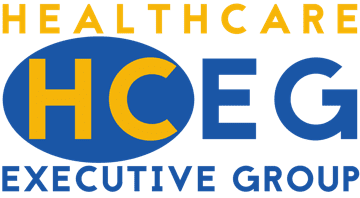
[…] RELATED: Healthcare Leaders Focus on Healthcare Policy & ACA […]
[…] RELATED: Healthcare Leaders Focus on Healthcare Policy & ACA […]
[…] RELATED: Healthcare Leaders Focus on Healthcare Policy & ACA […]
[…] Whether you are looking to enter the ACA Marketplace for the first time or you are planning your re-entry, we urge you to consider the questions raised above and to consider Softheon as the ACA Technology partner in your ecosystem. To learn more about how we are addressing the above, visit us at http://www.softheon.com or contact [email protected] to get started. RELATED: Healthcare Leaders Focus on Healthcare Policy & ACA […]
[…] In their most recent Roundtable, HCEG’s Executive Director, Ferris Taylor, and Softheon’s GM and SVP of Health Plan Cloud, Kevin Deutsch, talked about the Biden Administration’s potential in reforming the healthcare system. Other important topics discussed include: concerns about premium costs for members, Medicare beneficiaries, virtual care, and the American Rescue Plan. For a full account of the entire Roundtable, you can access HCEG’s blog here. […]